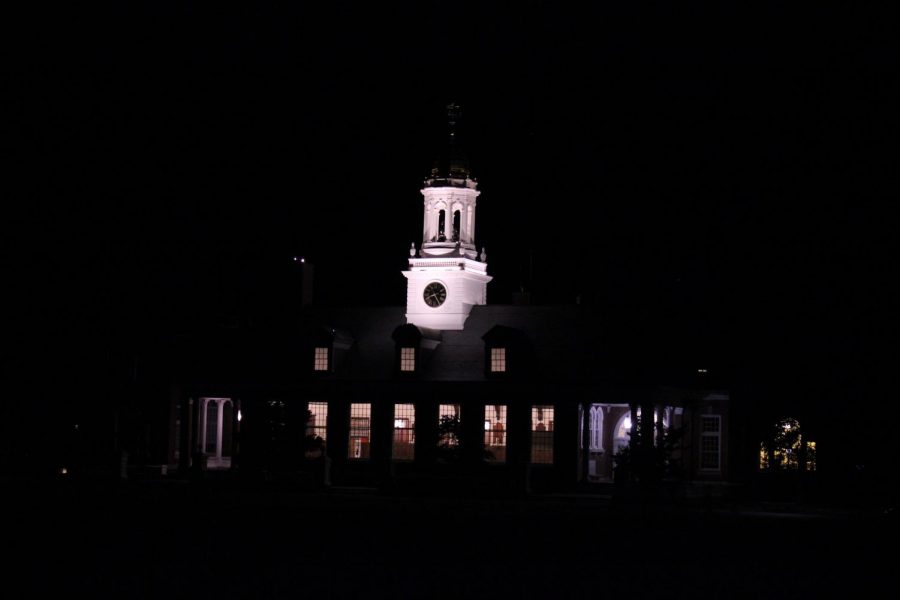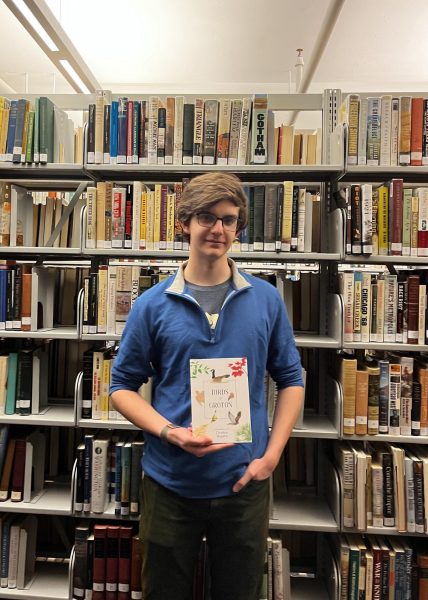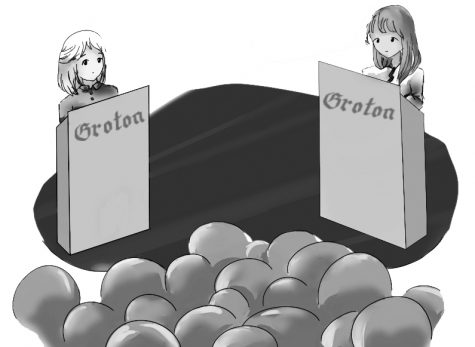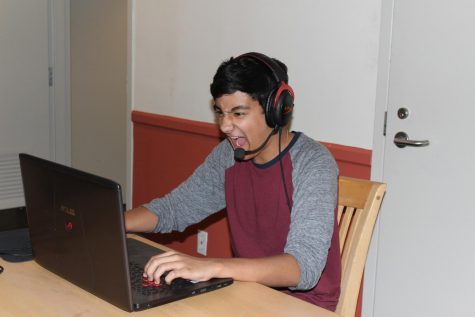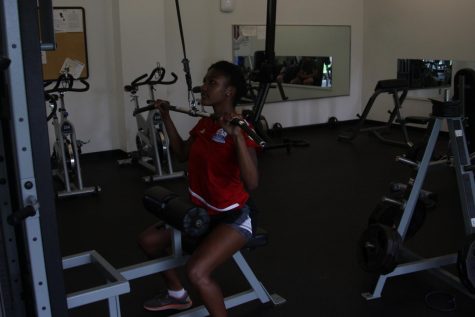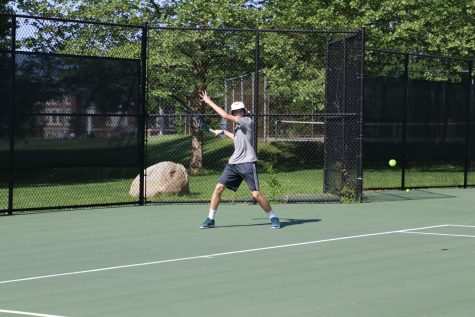Inside Ten to Twelve
While students are still acclimating to the new school year, something else lingers in seniors’ minds: when does 10-12 start? Every year this privilege is highly anticipated, evidenced by the excited screams of seniors heard on the first night of 10-12. In many ways, 10-12 embodies what it means to be a senior on campus. Traditionally, 10-12 was a reward granted to seniors in exchange for their stringent running of the dorms. Today, the privilege means something different. After sloughing through years of the Groton grind, students finally get a taste of “real” freedom: unsupervised mingling after check-in.
The midnight curfew privilege has been afforded to students for years. Preston Bannard ‘01 says that 10-12 was much the same now as when he was a student. However David Black ‘80 says that the midnight curfew was regarded differently when he was a student. For one, a 10:30 check-in meant that extended curfew was really only an hour long. Dr. Black suspects that “because it was a shorter period fewer people used it than they do today.” In addition, he says that many coaches insisted athletes went to bed by 11 o’clock.
Another major difference was the school culture around rule enforcement. Michael. Gnozzio ‘04 explains that “rules are now enforced more to the letter of the law, whereas when I was a student, I think there was more of an emphasis on the spirit of the law.” Today, many students chafe under the various school rules, but in the past, seniors played much larger roles as the rule enforcers on campus. As a result, Dr. Black says that though there were less rules, funnily enough there was more accountability. To him, 10-12 “supervision must come from the students. If students are aware of their peers abusing the privilege, they must take the actions necessary to make sure that such abuses stop.”
What happens if students do abuse the privilege? Despite any rumors to the contrary, the administration does not plan to end or restrict 10-12 en masse any time soon. Andy Anderson says, “As long as it is not dramatically misused, I think it will continue.” He acknowledges that 10-12 is “extremely unusual” with no other boarding schools having the privilege. The last time there was “real concern,” Mr. Anderson says, was when the school became co-educational in 1976. Even then, however, the school kept with the tradition, trusting students with the large responsibility. 10-12 can and will be restricted on a singular basis, however. Students understand that 10-12 is a privilege that can be taken away if, as Mr. Anderson says, they decide to make it “10-1:30.” The taking away of 10-12 for an extended period of time, a decision often determined by the Disciplinary Committee, is a serious punishment.
That being said, 10-12 is a privilege that is designed for student’s enjoyment and benefit. Mr. Bannard says “the great benefit to [10-12] is the opportunity it provides to build stronger friendships across the entire form.” This is completely in line with survey responses wherein most of the senior class say that they use 10-12 for hanging out with friends. Senior classes can use the time to truly bond with each other. Fitting examples include the annual Senior Prom held during 10-12 where dates dress up as classic pop culture characters (ex: Troy and Gabriella from High School Musical) or in fun themes (ex: angel and devil), and also the resurgence of “parties” on campus, like Zizi Kendall’s ‘17 birthday party last spring in the Webb Marshall room. Furthermore, 10-12, being such a flexible time, is useful. Seniors often practice their chapel talks during this time and can work on group projects if they were unable to earlier due to proctoring duties.
Although the seniors have had 10-12 for only a couple of weeks, it is clear that the senior class, like those before them, are enjoying their 10-12 privilege. It is also clear that they still need time to make the privilege their own. Margot French ‘18 says “I really like it, though I will admit that it is more hyped up than it actually is.” Hopefully, as the year progresses, the Class of 2018 will hold themselves accountable so that they can make the most out of their new free time.


